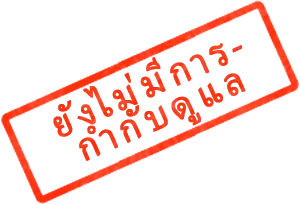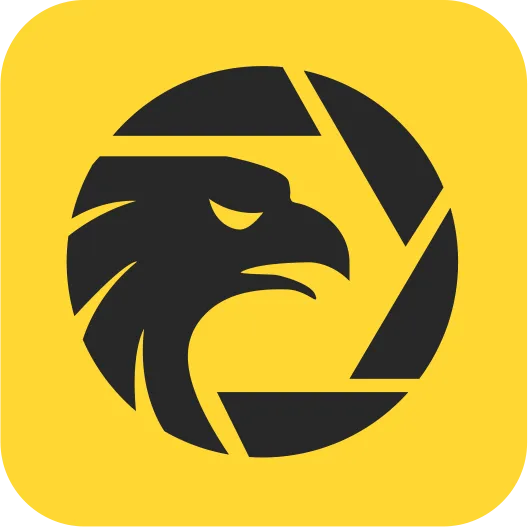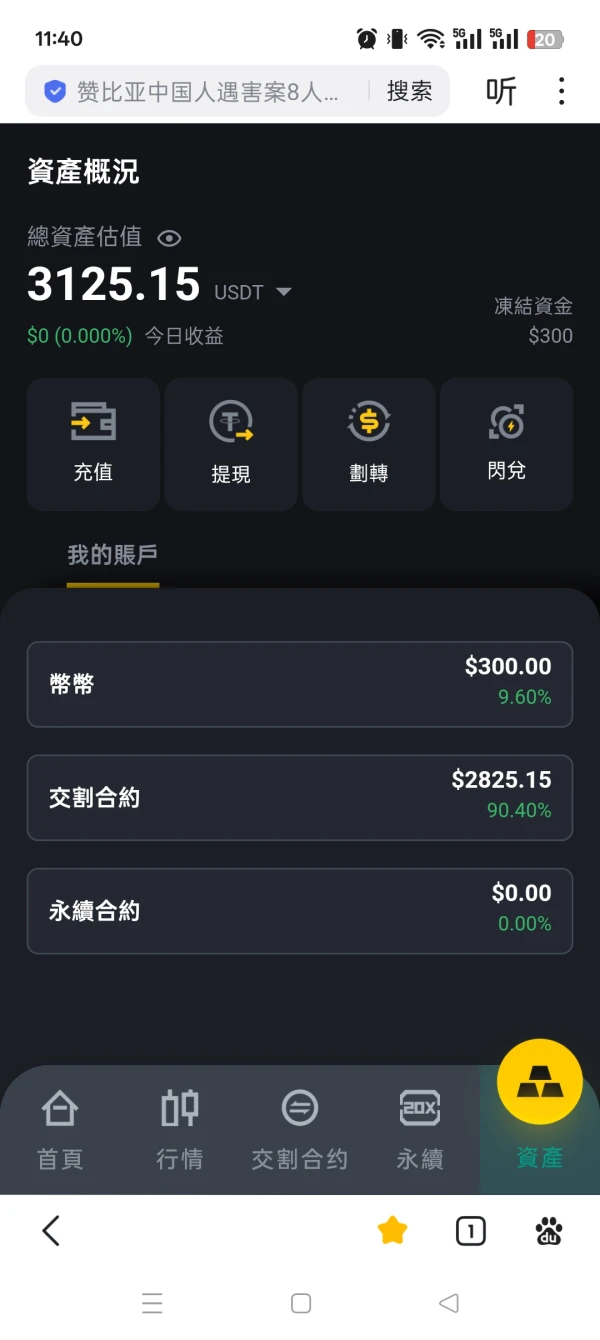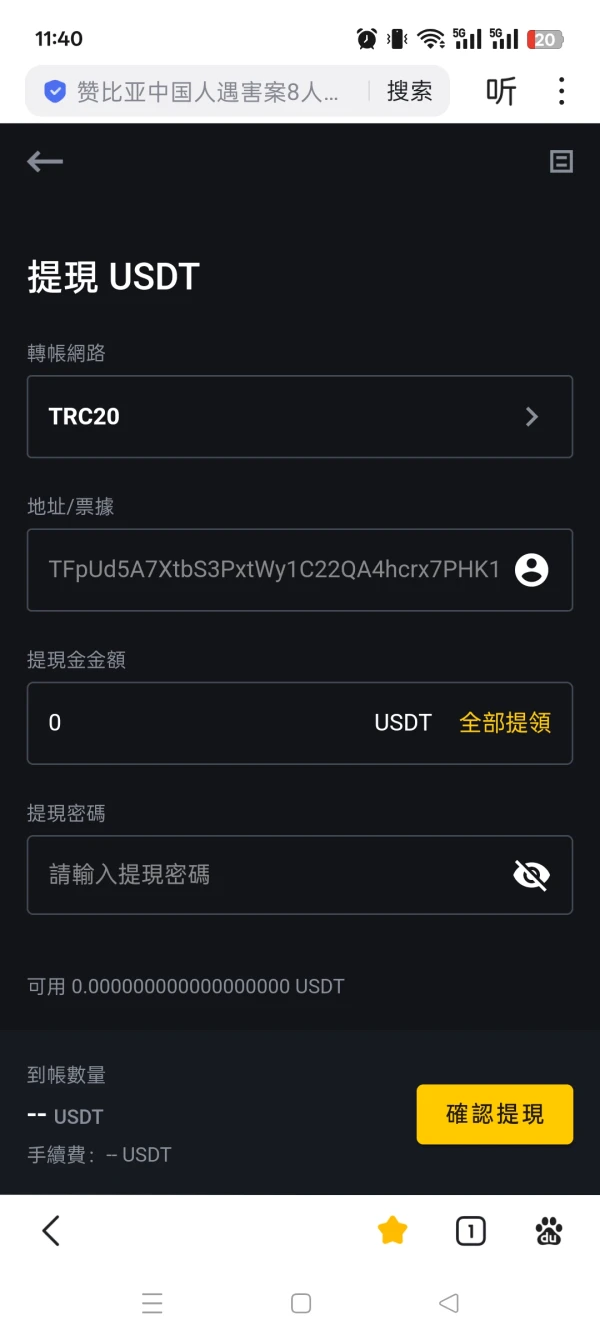สรุปข้อมูลบริษัท
| DGCX สรุปรีวิว | |
| ก่อตั้ง | 2005 |
| ประเทศ/ภูมิภาคที่ลงทะเบียน | สหรัฐอาหรับเอมิเรตส์ |
| กฎระเบียบ | ไม่มีกฎระเบียบ |
| เครื่องมือการซื้อขาย | สกุลเงิน, หุ้น, ชีวะ, โลหะ |
| บัญชีสาธิต | / |
| เลเวอเรจ | / |
| การกระจาย | / |
| แพลตฟอร์มการซื้อขาย | Cinnober (โดย Nasdaq) ผ่าน FIX API |
| ยอดฝากขั้นต่ำ | / |
| ฝ่ายสนับสนุนลูกค้า | โทร: +971 4361 1600 |
| อีเมล: info@dgcx.ae | |
ข้อมูลเกี่ยวกับ DGCX
DGCX เป็นตลาดอนุพันธ์ที่มีบริษัทในสหรัฐอาหรับเอมิเรตส์ ก่อตั้งขึ้นในปี 2005 ซึ่งเสนอการซื้อขายสัญญาอนุพันธ์ในสกุลเงิน, โลหะ, ชีวะ, และหุ้น โดยดำเนินงานบนแพลตฟอร์มสถาบันที่มั่นคง (Cinnober โดย Nasdaq) แต่สำหรับสมาชิกหลักๆ และไม่เป็นมิตรกับผู้บริโภค
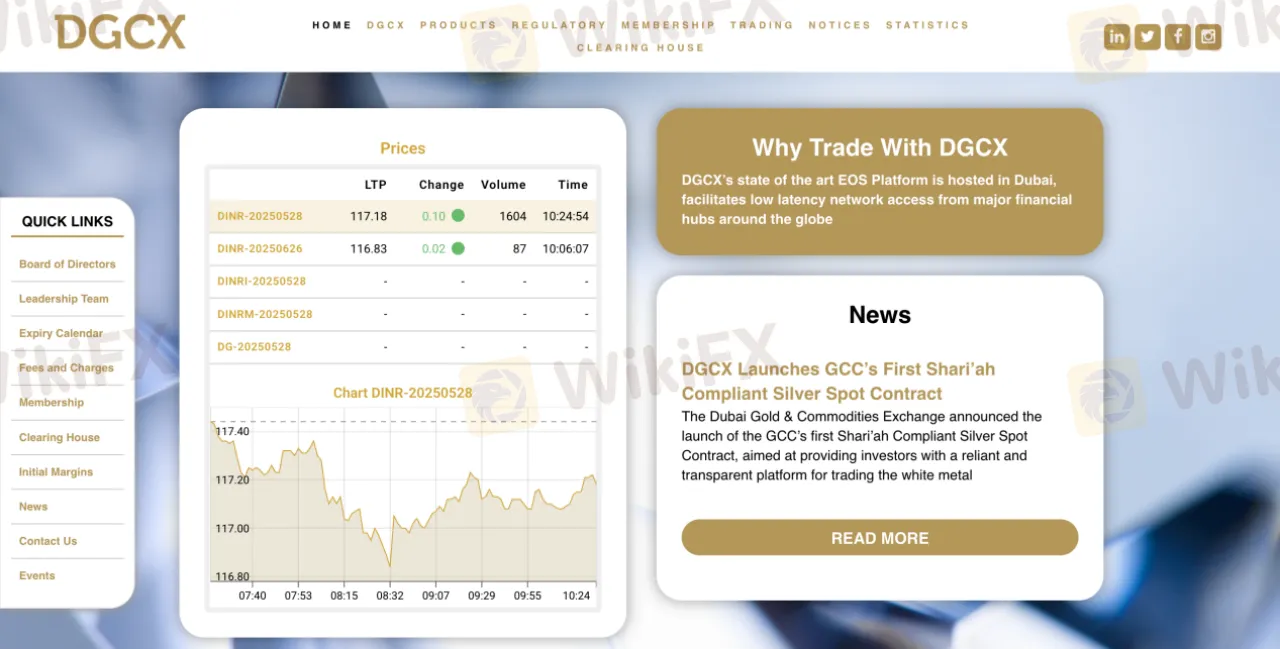
ข้อดีและข้อเสีย
| ข้อดี | ข้อเสีย |
| หลากหลายเครื่องมือการซื้อขายในอนาคต | ไม่มีกฎระเบียบ |
| ตารางค่าธรรมเนียมโปร่งใส | ค่าธรรมเนียมการซื้อขายและเป็นสมาชิกสูง |
| มีการเข้าถึงที่แข็งแกร่งในตลาดภาคตะวันออกกลาง | ข้อมูลจำกัดเกี่ยวกับเงื่อนไขการซื้อขาย |
DGCX เป็นถูกต้องหรือไม่?
DGCX (Dubai Gold & Commodities Exchange) มีฐานที่ดูไบและดำเนินการภายใต้การควบคุมของศูนย์สินค้าหลากหลายดูไบ (DMCC) อย่างไรก็ตาม ไม่ได้รับใบอนุญาตจากหน่วยควบคุมทางการเงินระดับนานาชาติสำคัญ เช่น FCA (สหราชอาณาประเทศ), ASIC (ออสเตรเลีย), หรือ NFA (สหรัฐอเมริกา)
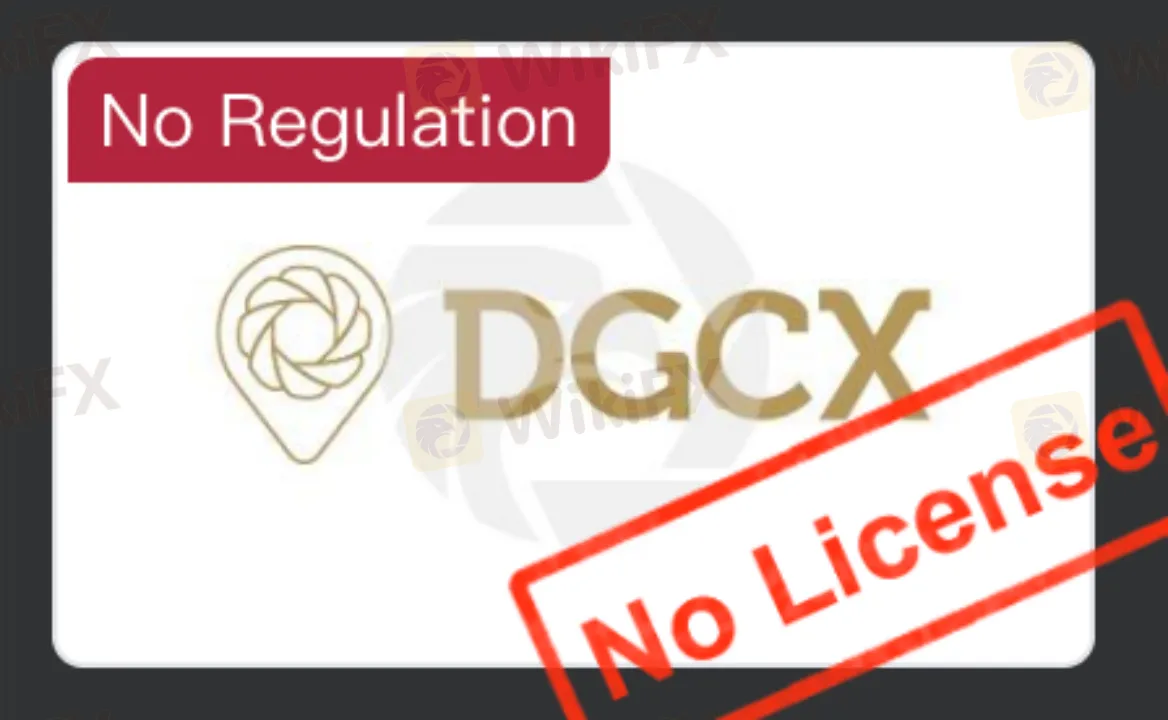
โดเมน dgcx.com ลงทะเบียนเมื่อ 18 มกราคม 2002 และจะหมดอายุเมื่อ 18 มกราคม 2027 มีการอัปเดตล่าสุดเมื่อ 30 สิงหาคม 2024 โดเมนนี้อยู่ในสถานะล็อคที่ป้องกันการลบ การต่ออายุ การโอน หรือการอัปเดต ชื่อเซิร์ฟเวอร์ของมันถูกระบุภายใต้ Bodis ซึ่งแสดงให้เห็นว่าเว็บไซต์อาจถูกจอดหรือไม่ใช้งาน
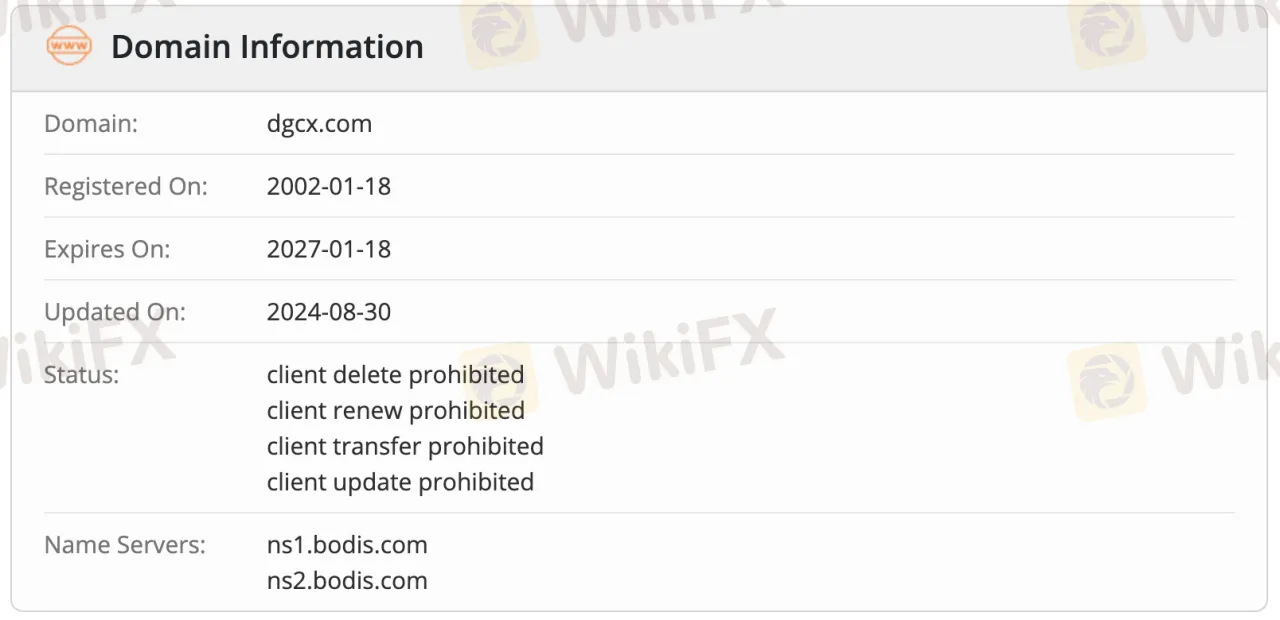
ฉันสามารถซื้อขายอะไรบน DGCX ได้บ้าง?
DGCX มีผลิตภัณฑ์ทั้งหมด 4 ประเภท ซึ่งรวมถึงคู่เงินต่าง ๆ สินค้าอนามัยโลหะ สัญญาสินค้าชีวมวล และเครื่องมือที่เกี่ยวข้องกับทุน
| เครื่องมือที่เท่าได้ | รองรับ |
| เงินต่าง ๆ | ✔ |
| หุ้น | ✔ |
| สินค้าชีวมวล | ✔ |
| โลหะ | ✔ |
| Forex | ❌ |
| สินค้า | ❌ |
| ดัชนี | ❌ |
| หุ้น | ❌ |
| สกุลเงินดิจิตอล | ❌ |
| พันธบัตร | ❌ |
| ตัวเลือก | ❌ |
| ETFs | ❌ |
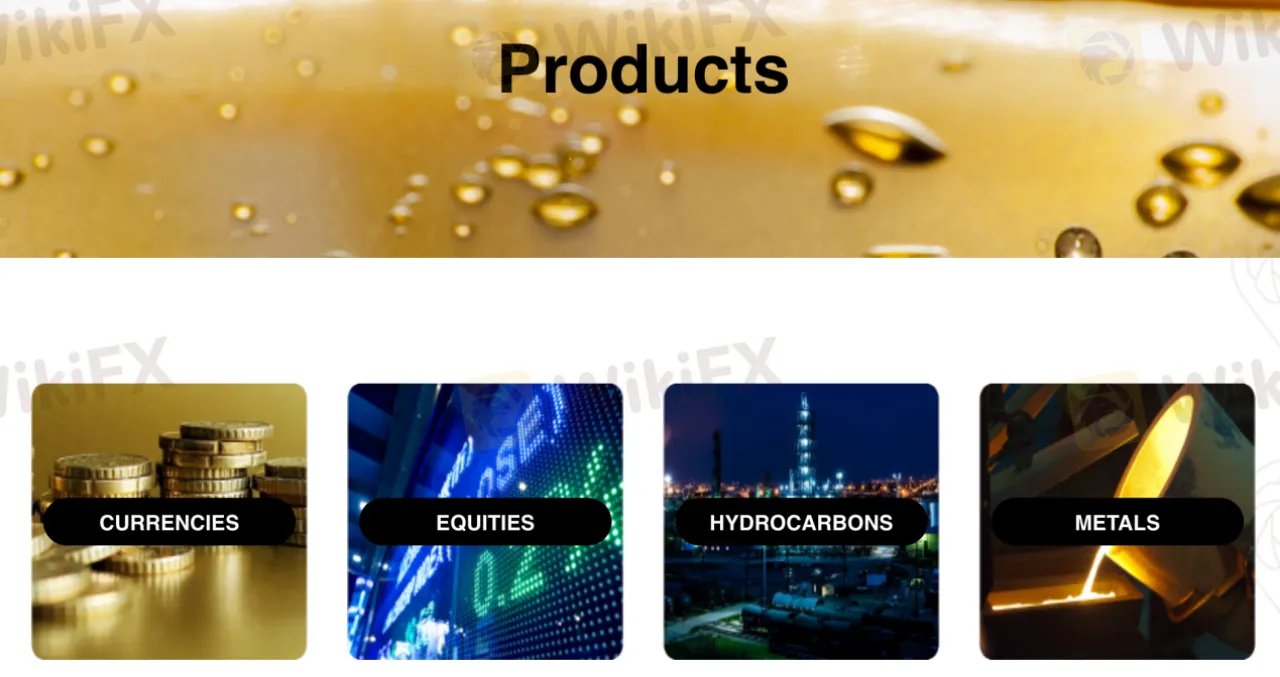
สมาชิก
| สมาชิก | ค่าสมัคร | คุณสมบัติ | เหมาะสำหรับ |
| สมาชิกโบรกเกอร์ | $75,000 | ซื้อขายแทนลูกค้า ต้องการใบอนุญาต SCA | โบรกเกอร์ที่ได้รับใบอนุญาต บริษัททางการเงิน |
| สมาชิกการซื้อขาย | $30,000 | ซื้อขายเฉพาะสำหรับบัญชีของตนเอง | นักซื้อขายสถาบันหรือเจ้าของธุรกิจ |
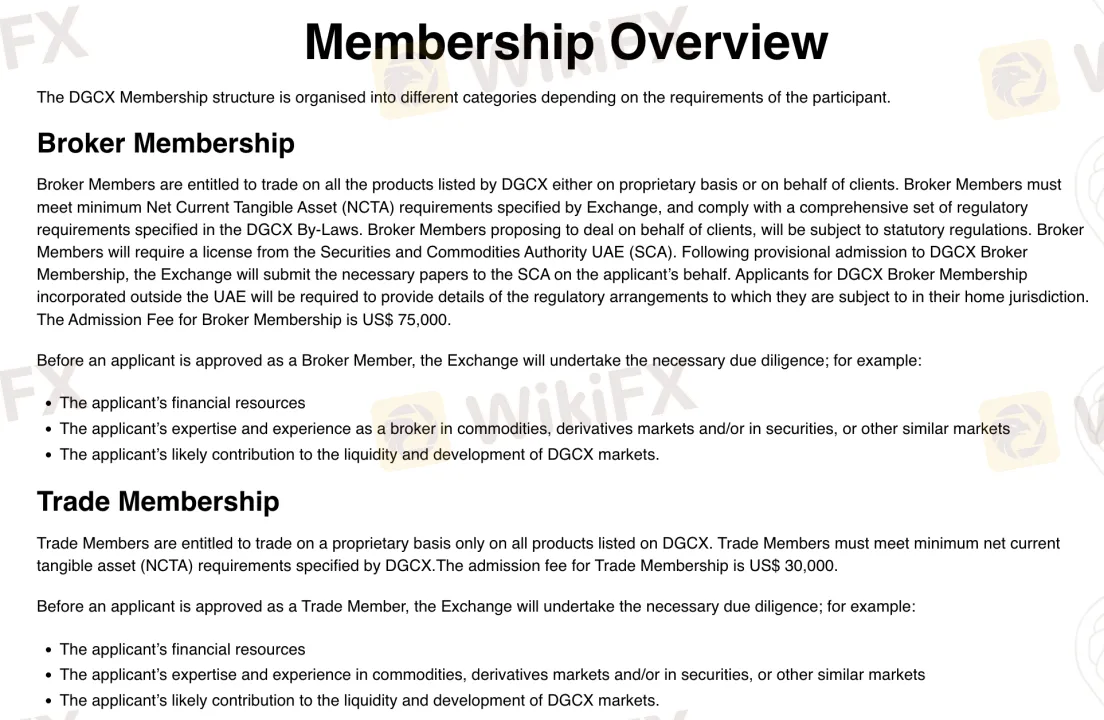
ค่าธรรมเนียม DGCX
ค่าธรรมเนียมการซื้อขายของ DGCX สูงเมื่อเปรียบเทียบกับโบรกเกอร์ระดับปลีกทั่วไป โดยเฉพาะสำหรับโลหะมีค่าสูง นี่เป็นสิ่งที่คาดหวังไว้เนื่องจาก DGCX ดำเนินการเป็นตลาดอนุสัญญาซื้อขายอนุสัญญาซื้อขายในระดับสถาบัน ไม่ใช่โบรกเกอร์ CFD ระดับปลีก DGCX คิดค่าธรรมเนียมต่อสัญญาต่อด้าน มีความแตกต่างตามผลิตภัณฑ์
| สัญญา | ค่าธรรมเนียมการซื้อขาย | ค่าธรรมเนียมการล้าง | รวม (ไม่รวม VAT/SCA) |
| สัญญาอนุสัญญาซื้อขายทองรายวัน (DGFC) | $125.00 | $50.00 | $175.00 |
| สัญญาอนุสัญญาซื้อขาย INR ขนาดเล็ก (DINRM) | $0.04 | $0.04 | $0.08 |
| สัญญาอนุสัญญาซื้อขาย USD/CNH (DUSDCNH) | $0.15 | $0.05 | $0.20 |
| สัญญาอนุสัญญาซื้อขายหุ้นเดี่ยว - อินเดีย (SSF) | $1.00 | $0.14 | $1.14 |
| สัญญาอนุสัญญาซื้อขายทองสปอตตามกฎศาสนาอิสลาม (DGSG) | $13.00 | $2.00 | $15.00 |
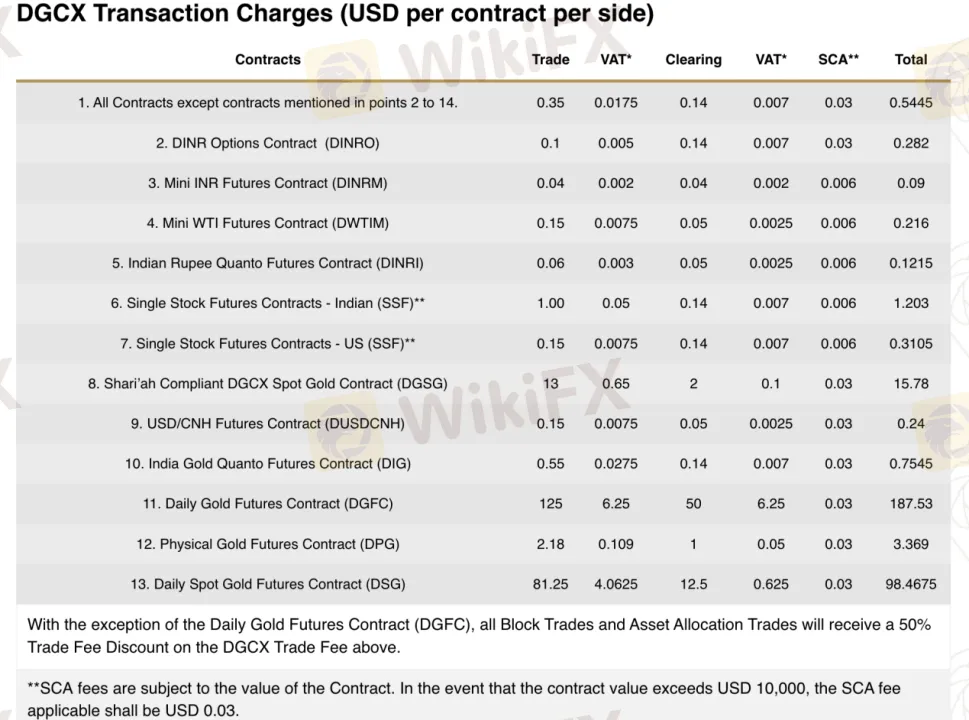
อัตราค่าสวัสดิการ
DGCX ไม่ใช้อัตราการสลับแบบดั้งเดิมเหมือนที่โบรกเกอร์ CFD รายการใช้ แต่เรียกเก็บค่าปรับสำหรับการขาดทุนในการตั้งค่าทุนค้างคืนที่อัตรา 36% ต่อปี
| เงื่อนไข | ค่าปรับ |
| อัตราค่าปรับมาตรฐาน | 36% ต่อปี |
| ขาดทุนค้างคืนมากกว่า 2 วัน | ค่าปรับเพิ่มขึ้นสองเท่าตั้งแต่วันที่ 1 |
| มากกว่า 3 ครั้งขาดทุนในเดือนเดียวกัน | ค่าปรับในอนาคตเพิ่มขึ้นสองเท่า |
| ผลกระทบเพิ่มเติม | สูญเสียสิทธิการซื้อขาย ปิดตำแหน่งอัตโนมัติ |

แพลตฟอร์มการซื้อขาย
| แพลตฟอร์มการซื้อขาย | รองรับ | อุปกรณ์ที่ใช้ได้ | เหมาะสำหรับ |
| Cinnober (by Nasdaq) | ✔ | เดสก์ท็อป / ระบบสถาบัน (ผ่าน FIX API) | นักซื้อขายสถาบันและมืออาชีพที่ต้องการเข้าถึงตลาดโดยตรง |



